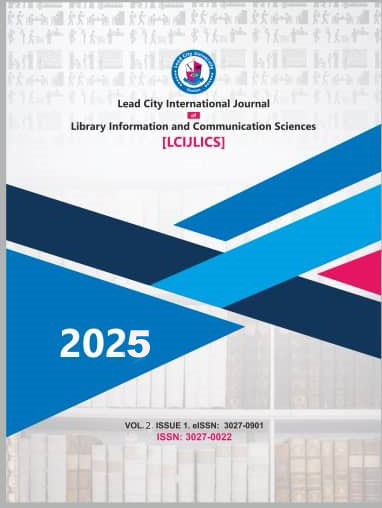From Positivism to Pragmatism: Mapping the Evolution of Research Paradigms in Library and Information Science
DOI:
https://doi.org/10.63741/Keywords:
Research paradigms, Library and Information Science, Positivism, Interpretivism, Pragmatism, Critical theoryAbstract
The field of Library and Information Science (LIS) has experienced significant epistemological and methodological shifts over the past decades, reflecting broader intellectual trends across the social sciences. This study systematically reviews the evolution of research paradigms in LIS, with a focus on tracing the movement from traditional positivist frameworks toward more interpretivist, critical, and pragmatic orientations. Motivated by the need to understand how research philosophies shape knowledge production and professional practice, the study investigates the dominant paradigms employed in LIS research from 2000 to 2024. A narrative review methodology was adopted, using PRISMA guidelines to identify and analyse peer-reviewed journal articles, doctoral theses, and key conference proceedings retrieved from major databases including Google Scholar, ResearchGate, Academia.edu, African Journals Online (AJOL) were coded and thematically analysed to determine the frequency, distribution, and contextual application of various paradigms. Findings reveal a steady decline in the exclusive reliance on positivist approaches and a growing embrace of mixed methods research underpinned by pragmatism. There is also a noticeable increase in critical and transformative paradigms addressing social justice, equity, and user-centered knowledge services. However, evidence suggests that many studies still lack clear alignment between research questions, methodologies, and underlying philosophical assumptions. The study concludes that greater paradigm awareness is essential for methodological rigour and relevance in LIS research. It recommends the integration of paradigm literacy into LIS curricula and calls for more reflexive and context-driven research practices.

